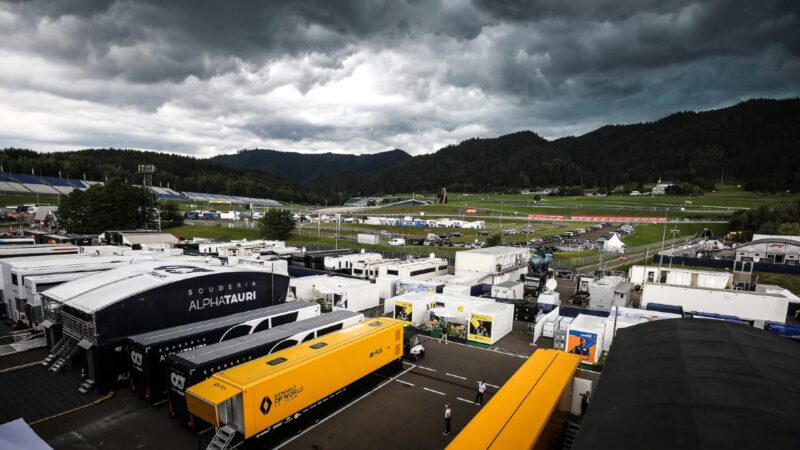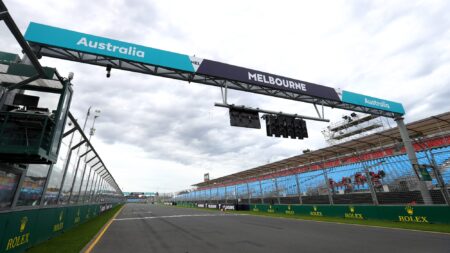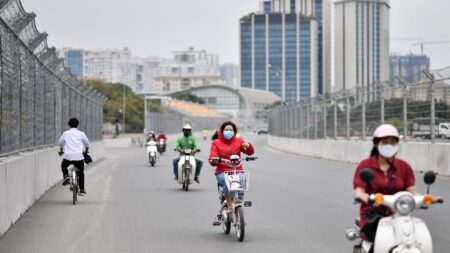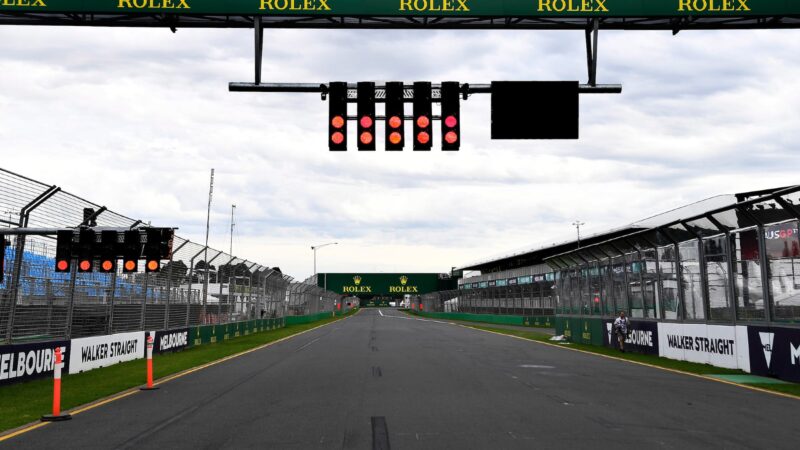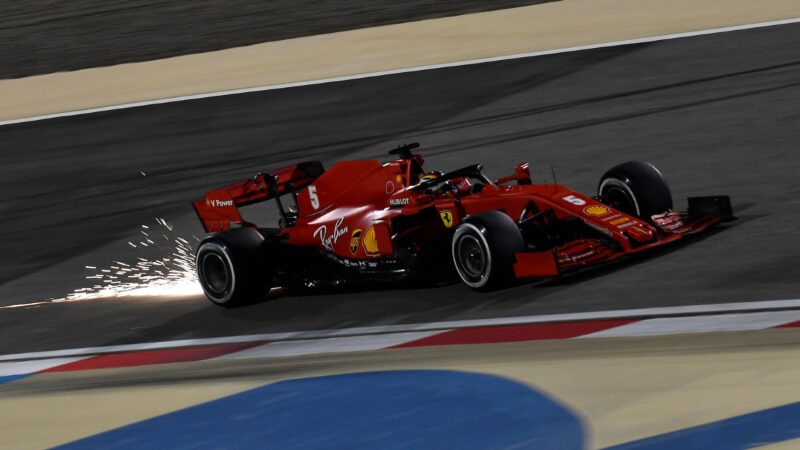Strict Covid testing procedures, a minimal number of people in the paddock and no spectators – apart from at a few late-season races – allowed the FIA to run a representative World Championship, even if the focus was very much on Europe.
Given that in spring the world was in lockdown and races were being cancelled or postponed having any kind of season at all was quite an achievement.
“That kind of March to June timeframe, we were all staring at Austria as the most hopeful start,” McLaren boss Zak Brown noted in December.
“But I don’t think until we actually got to Austria that any of us had 100 per cent confidence, because races were just getting cancelled one after another. And it seemed like the world didn’t have Covid under control.
“And clearly, in some parts of the world, it’s very much still not under control, even though I think there’s a much better awareness on how to treat it, the testing is much more aggressive.
“I think even in June, it was still, ‘Are we’re gonna get a season in at all? And then we got three, four races into it, and we saw how well prepared F1 and the FIA and the rules were in place that we kind of thought, alright, we’re gonna get 17 races in here.”
“I can assure our supporters, our fans, is that really we want to make sure that the season is there”
Brown was bullish about prospects for 2021: “I feel very confident that we’ll get the races in next year, and Chase [Carey] is very confident we’ll get the full calendar in.
“I think we’ve shown that we can race without fans, which is definitely not an ideal scenario for fans or the teams or sponsors or partners.
“But everything I’m hearing is, it’s all systems go. Maybe there’ll be some limited audience early on, but let’s hope that these vaccines come fast and furious now and give us a clean run at it next year.”
Former F1 CEO Carey always said that the 2021 calendar would be the one that was abandoned in 2020, and the first version as published on November 10 last year was pretty much a facsimile.
The major talking points were a “TBC” where Vietnam was supposed to be, and the addition of a new race in Saudi Arabia at the end of the year.
